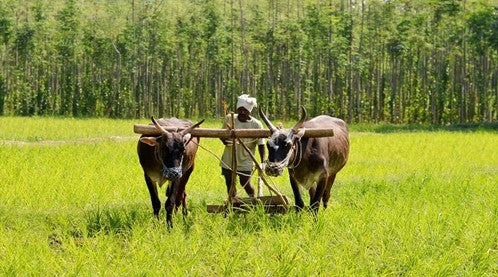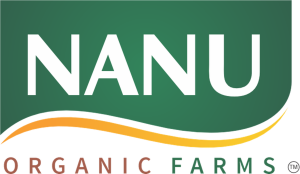
How Traditional Farming Practices Are Building a Better Future for Our Planet
Tanisha GunjikarShare
Overview
The future of our planet is closely tied to how we grow our food. With concerns about soil depletion, climate change, and unhealthy diets rising, people are looking back at traditional farming methods that prioritize nature and nourishment.
By combining the best of organic farming and sustainable agriculture, today’s farmers are showing how ancient practices can build a healthier world for us and for future generations.
What is Traditional and Organic Farming?
Traditional farming refers to the natural agricultural methods passed down through generations using animal manure, crop rotation, seasonal planting, and natural pest management without reliance on synthetic chemicals.
Organic farming evolved from these age-old principles. It follows strict standards that ban synthetic pesticides, GMOs, and chemical fertilizers. Instead, it focuses on building soil health, supporting biodiversity, and producing pure, chemical-free organic food and products.
Lord Northbourne coined the term "Organic Farming" in 1940, defining it as a balanced way of farming that treats the farm like a living ecosystem.

Why Switch to Traditional and Organic Methods?
Industrial farming has led to environmental harm and a loss of nutritional quality in our food.
Switching back to organic farming and sustainable agriculture is not just about tradition it's about survival. These practices rebuild the soil, protect water sources, reduce pollution, and produce safer, healthier organic food and products.
Here’s how they are making a difference:
1. Natural Soil Fertility
Instead of stripping the soil with chemical fertilizers, traditional farming restores it. Techniques like mulching, green manure, and crop rotation naturally enrich the soil with nutrients, promoting better yields and healthier crops season after season.
Healthy soil = Healthy food = Healthy people.
2. Water Conservation
Organic farming minimizes water wastage by maintaining better soil structure, which holds water more effectively.
Organic farms also avoid chemical runoff into rivers and lakes, keeping water sources clean for humans and wildlife alike.
3. Climate Resilience
Traditional farming systems are naturally adapted to local climates.
Growing diverse crops instead of monocultures makes farms more resilient against droughts, floods, and unpredictable weather patterns a crucial advantage as climate change worsens.
4. Zero Chemical Dependency
By using biological pest control and natural fertilizers, organic food and products are free from toxic chemical residues.
This protects farmers, consumers, and the environment from exposure to harmful substances.
5. Local Food Systems Support
Sustainable agriculture encourages localized production and consumption.
Buying organic and locally-grown food reduces transportation emissions and supports rural economies, keeping communities strong and self-sufficient.
6. Better Ecosystem Health
Without chemical sprays, traditional farming fosters rich biodiversity from earthworms in the soil to bees in the fields.
Healthy ecosystems mean healthier farms, which in turn produce more nutritious food for all of us.
7. Promotes Food Security
Traditional farmers often grow a mix of crops instead of focusing on just one.
This diversity protects against pests, diseases, and market fluctuations ensuring steady food supplies even during tough times.
Conclusion
Traditional farming and organic farming aren’t old-fashioned they are forward-thinking.
By valuing nature’s rhythms and respecting the soil, farmers practicing sustainable agriculture are creating a cleaner, greener future for everyone.
Switching to organic food and products is not just good for your health it’s an investment in a thriving planet.
